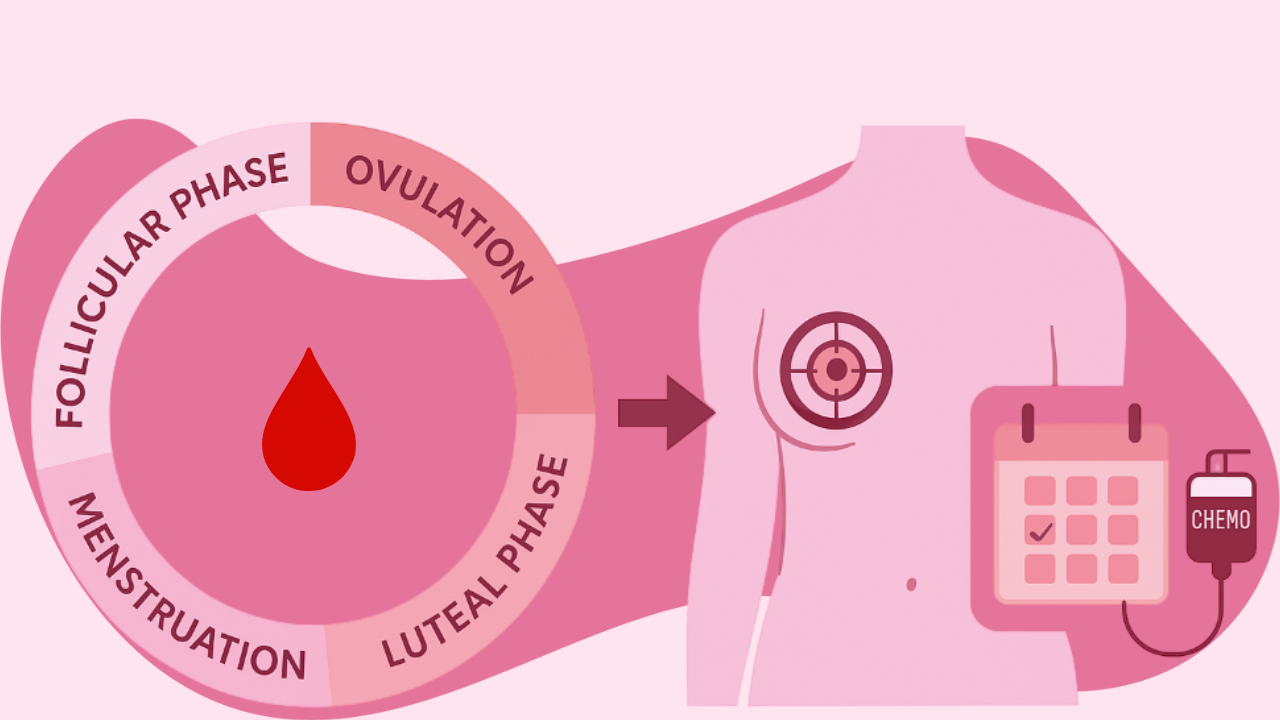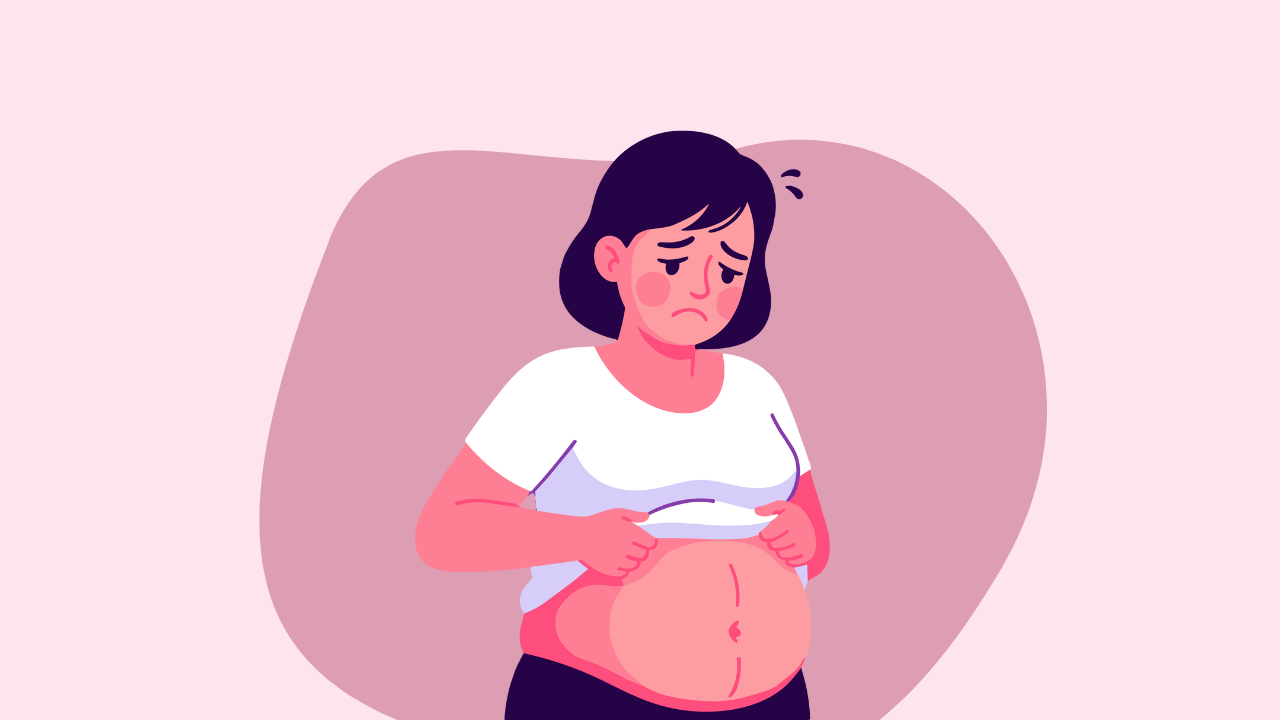Menstrual Cycle Influences Breast Cancer Treatment Effectiveness

A groundbreaking study published in Nature reveals that the timing of chemotherapy in relation to the menstrual cycle can significantly impact its effectiveness in treating breast cancer. Researchers found that initiating chemotherapy during specific phases of the cycle could enhance treatment outcomes, while other phases may reduce its efficacy.
Key Findings:
-
Cycle Phase and Chemotherapy Response: The study demonstrated that chemotherapy administered during the oestrus phase (analogous to the follicular phase in humans) resulted in better tumor response compared to administration during the dioestrus phase (similar to the luteal phase).
-
Biological Mechanisms: During the dioestrus phase, tumors exhibited increased numbers of cells undergoing epithelial-to-mesenchymal transition, a process linked to chemoresistance. Additionally, there was a decrease in tumor blood vessel diameter, potentially limiting drug delivery. An elevated presence of macrophages, immune cells associated with chemoresistance, was also observed
-
Persistence of Chemoresistance Factors: Even after chemotherapy disrupted the normal cycle, the high levels of macrophages persisted, suggesting a lasting impact on treatment resistance.
Implications for Treatment:
These findings suggest that aligning chemotherapy schedules with specific menstrual cycle phases could improve treatment efficacy for premenopausal women with breast cancer. By considering the body's natural hormonal rhythms, oncologists may enhance the effectiveness of chemotherapy and potentially reduce side effects.
Next Steps:
The study's authors advocate for further clinical research to explore the benefits of timing chemotherapy with menstrual cycles. Such personalized treatment approaches could represent a significant advancement in breast cancer therapy, emphasizing the importance of individualized care strategies.







